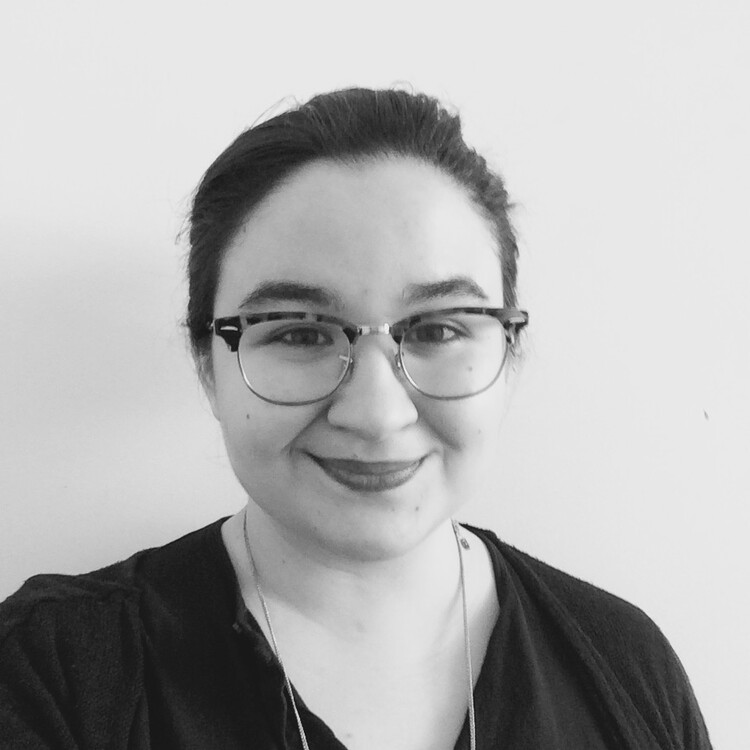Myths and MFAs
Matt Pelfrey, Point Park University
This is the second installment of Isabella D’Esposito’s Myths and MFAs series, in which she interviews the heads of MFA writing programs in order to demystify the grad school experience for potential candidates.
I recently interviewed Matt Pelfrey, head of the low-residency MFA program at Point Park University in Pittsburgh, PA. Low-residency programs help alleviate issues of travel and time for students who cannot transplant themselves permanently to another city, or dedicate eight to ten hours a day five days a week to classes and workshops.
Izzi D’Esposito: What does getting an MFA mean to you, as an educator and as a professional writer?
Matt Pelfrey: It means the opportunity to teach.
Writing is an ‘eat what you kill’ life, so a low-residency program makes a lot of sense for screenwriters and playwrights who need to keep their traction in the other aspects of their lives.
Izzi: In your own words, how would you describe the Point Park MFA program?
Matt: The Point Park MFA is very much how I see Pittsburgh: tough and gritty. Most of the writers in our program have lived extraordinary lives and have real experiences under their belts. The majority of our writers are determined to build a writing career for themselves despite working full-time jobs, having kids, and grappling with the many obstacles they face on a day-to-day basis. They can do this because we are a low-residency program, which means they come in for a variety of on-campus residencies and complete the rest of their semesters on-line.
Izzi: What was your experience pursuing/obtaining an MFA?
Matt: I had a great time at UCLA. I was already a published and produced playwright, so my goal was more about learning how to teach and deal with standing in front of people. I’ve always hated public speaking, and like many writers I am cursed with a gumbo of social anxieties, so I needed a lot of practice running a classroom, and thankfully, I was able to work as a teacher by the second quarter.
Izzi: What is a low-residency program like for a typical student?
Matt: I think the most interesting thing about low-residency programs or “distance learning” is that there’s no hiding. For instance, if there’s an on-line discussion about a play, everyone’s required to submit a response of a minimum amount of words, and respond to a minimum amount of their classmate’s comments. I have been in many writing workshops where at most only half the class contributes while the rest hang back. The nature of the on-line environment is, in a way, everyone is sitting at the front of the class.
Regarding getting feedback on a script, on one hand I agree that there is no substitute for sitting in a room and hearing your work read out loud. But on the other hand, the nature of working online demands that everyone give a close reading to all the work submitted. And notes on plays and screenplays submitted in an on-line discussion forum have to be of a certain length and depth, forcing students to give extensive thought to their notes. When you’re in a classroom, it’s easy to get away with vague notes or piggyback on what was just said.
Low-residency also means the freedom to get your education while maintaining the rest of your responsibilities. We live in a harsh economic time; it’s not easy to drop out of the job market and dedicate all your time to a brick and mortar school, especially for anyone, say, over twenty-two years old. This is especially true for writers pursuing screen or stage. You don’t leave any MFA program with a guaranteed job. Writing is an “eat what you kill” life, so a low-residency program makes a lot of sense for screenwriters and playwrights who need to keep their traction in the other aspects of their lives.
Izzi: What are some of your favorite projects, passions, or plays?
Matt: I love aggressive, challenging, uncomfortable, conflict-drenched theatre. If I don’t wince, or feel like I’m being fucked with in some spiritual way, then what’s the point? Thankfully I’ve read tons of great stuff lately: Dry Land by Ruby Rae Spiegel, The Witness and Mogadishu both by Vivienne Francine Mine by Laura Marks, The Village Bike by Penelope Skinner. My all time favorite play is probably Marisol by Jose Rivera, who by my count is owed two Pulitzers already. The last amazing play I attended was Trevor by Nick Jones. I saw it in Los Angeles starring Jimmi Simpson and Laurie Metcalf, and it was amazing.
Of my own favorite projects, I have a play called Terminus Americana about a guy who survives an office shooting, and the experience leads him on a search for the dark heart of America. It was first produced in 2001 but seems to keep becoming more relevant. Of things I have going on currently, my play Pure Shock Value was just produced by None Too Fragile Theatre in Akron, Ohio. I loved that production. And upcoming, my adaptation of John Ball’s novel In the Heat of the Night will get a production at The Shattered Globe Theatre in Chicago. So I’m pumped about that.
Izzi: What advice can you give to potential students looking for MFA Playwriting programs?
Matt: Find the one that serves your needs. Take a hard look at the professors teaching the class. Make sure they have practical experience in the professional world. If they teach playwriting, do they get produced? Are they published? Same with screenwriting and TV writing. Have they been in the industry? Do they know what it’s like dealing with agents and managers? Do they know what the struggle to build a career really entails?
If you’re getting the MFA to teach, remember that it’s only a starting point. The world of playwriting has a very deep talent pool of writers who are getting productions, are published, but still don’t make a living from the theatre. Most of these playwrights will nab the high-end teaching gigs that become available. But don’t get depressed—use this to motivate yourself to push hard at your playwriting career, because they feed each other. Same goes for teaching TV or screenwriting. You need professional experience to get the teaching gig.
Izzi: What’s coming up next for you and your students?
Matt: Our first class is graduating and we will have a Festival of Readings running from May 16-21 at the University Center’s GRW Theatre.
Application information for Point Park’s MFA, taken from the Point Park website. The application requires an artistic portfolio containing a personal essay, creative and professional resume, portfolio of writing samples not to exceed 25 pages submitted through SlideRoom, an online portfolio application program. An in-person or phone interview is also required. Applications for Summer 2016 are currently being accepted. http://www.pointpark.edu/Academics/Schools/COPA/COPADeptsMajors/LowResMFA




Comments
The article is just the start of the conversation—we want to know what you think about this subject, too! HowlRound is a space for knowledge-sharing, and we welcome spirited, thoughtful, and on-topic dialogue. Find our full comments policy here